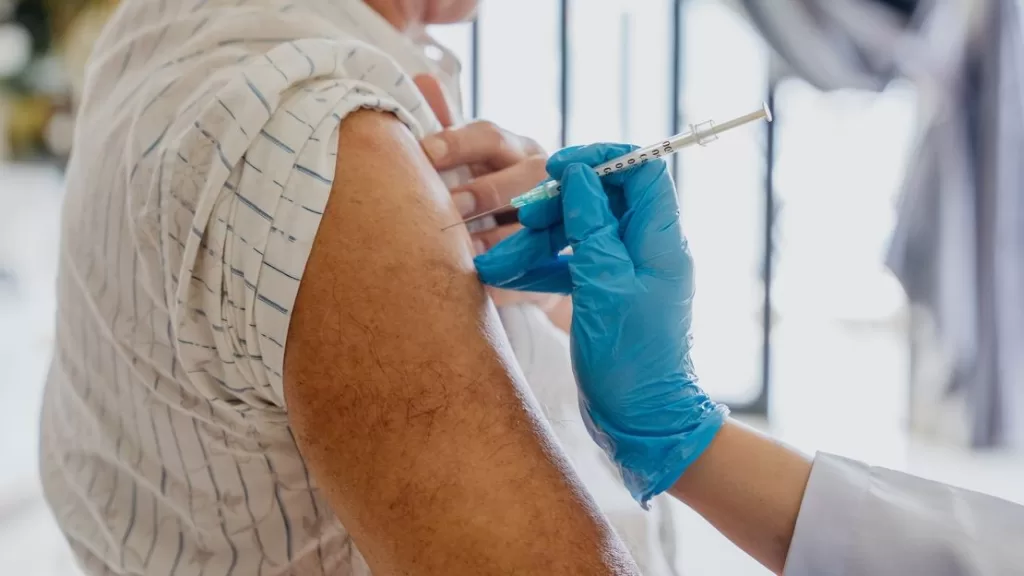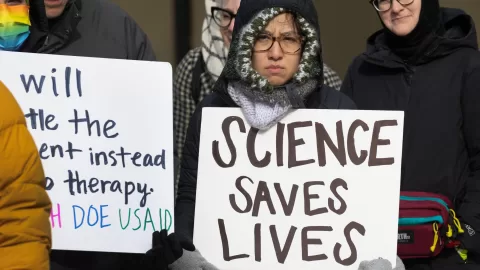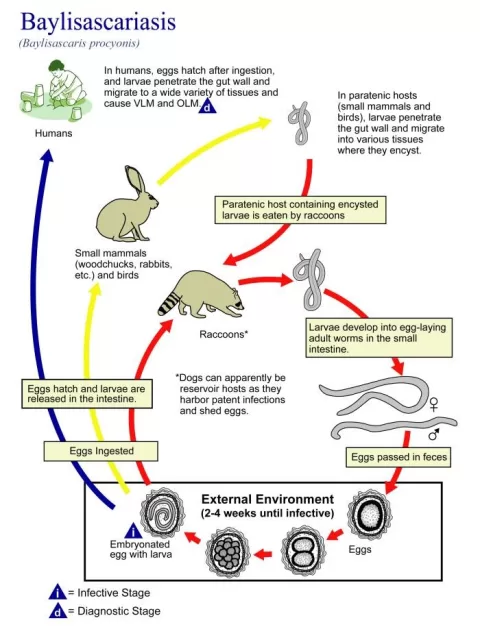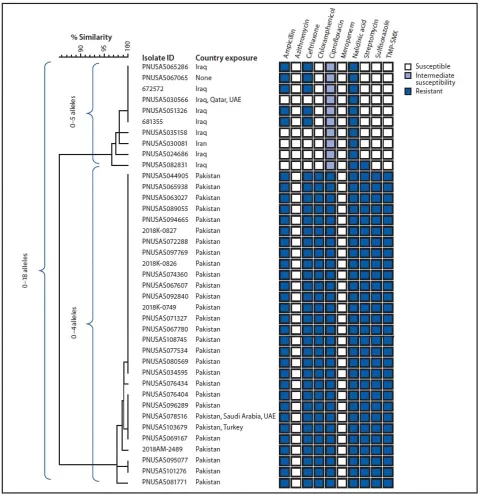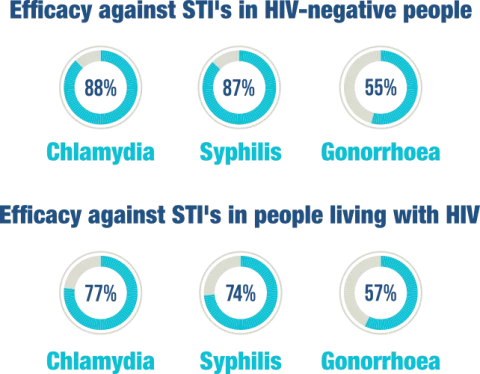Recent research highlights an intriguing connection between the shingles vaccine and dementia, as the herpes zoster (HZ) vaccine may significantly reduce the risk of a dementia diagnosis in the years following administration. According to findings published in JAMA, individuals who received the shingles vaccine (HZ vaccine) showed a promising decrease in long-term dementia risk, challenging previous notions surrounding neurodegenerative diseases. This correlation was underscored by electronic health record data from Australia, supporting earlier studies from Wales that noted similar benefits. Notably, the shingles vaccine benefits extend beyond mere protection from the rash associated with shingles; it appears to exert immunomodulatory effects that could influence cognitive decline. Consequently, understanding the relationship between the shingles vaccine and dementia becomes crucial for enhancing public health strategies aimed at reducing dementia prevalence and improving overall brain health.
In recent discussions surrounding cognitive health, there has been growing interest in the implications of the herpes zoster vaccine on dementia risk. Also referred to as the shingles vaccination, this preventive measure is gaining attention for its potential benefits beyond shingles prevention, particularly concerning dementia diagnosis. Emerging studies indicate that the immunomodulatory effects of the shingles vaccine may play a role in mitigating cognitive decline, creating an important area for further exploration. This connection could lead to significant shifts in how healthcare providers approach dementia prevention strategies, leveraging vaccination as a pivotal tool. Understanding alternative terms and concepts related to this subject enhances our comprehension of the intersection between viral infections, immunization, and brain health.
Understanding the Shingles Vaccine and Its Benefits
The herpes zoster vaccine, commonly known as the shingles vaccine, plays a crucial role in preventing shingles, a painful rash caused by the reactivation of varicella-zoster virus. Beyond its primary purpose, recent studies underscore its significant impact on reducing the risk of developing dementia, predominantly in older adults. The vaccine’s benefits extend to enhancing overall immune response and providing individuals with lasting protection against shingles outbreaks, which can lead to severe complications.
In addition to protecting against shingles, the vaccine shows promising effects on cognitive health. By reducing the incidence of herpes zoster, it may contribute to a decreased likelihood of neurological conditions such as dementia. This relationship highlights the importance of vaccination not just as a preventive measure against viral infections but also as a potential strategy to enhance mental well-being as we age.
Frequently Asked Questions
How does the shingles vaccine relate to dementia risk?
Recent studies suggest that the herpes zoster vaccine, commonly known as the shingles vaccine, may reduce the risk of a dementia diagnosis. Specifically, individuals vaccinated with the shingles vaccine experienced a statistically significant decrease in the likelihood of developing dementia compared to unvaccinated individuals.
What are the benefits of the shingles vaccine for dementia prevention?
The shingles vaccine has potential benefits for dementia prevention, as recent research indicated that vaccination could lead to a 1.8 percentage point decrease in the risk of receiving a new dementia diagnosis within a span of approximately 7.4 years after vaccination. This highlights the shingles vaccine’s importance not just for preventing shingles but also for potentially influencing dementia risk.
Is there a specific age group for shingles vaccination linked to dementia risk reduction?
Yes, the herpes zoster vaccine is recommended for individuals aged 70 to 79 years. A study found that this age group showed a notable correlation between receiving the shingles vaccine and a reduced risk of dementia, suggesting that vaccination during this period may have protective effects.
What does current research say about the shingles vaccine and its immunomodulatory effects on dementia?
Current research proposes that the live attenuated herpes zoster vaccine may impact the dementia disease process through immunomodulatory effects, independent of pathogens. This hypothesis indicates that vaccination could invoke immune responses that might influence the progression of dementia.
Are there any exclusions when it comes to shingles vaccination and dementia diagnoses?
Yes, studies indicated that eligibility for the herpes zoster vaccine, which was granted to certain age cohorts, did not affect the likelihood of being diagnosed with other chronic conditions; the significant relationship observed was specific to dementia diagnoses, emphasizing the unique role of the shingles vaccine.
| Key Point | Details |
|---|---|
| Shingles Vaccine and Dementia Risk | The herpes zoster (HZ) vaccine may reduce dementia risk post-vaccination, based on JAMA research. |
| Study Population | Data sourced from electronic health records in Australia, focusing on individuals aged 70-79. |
| Study Findings | Vaccination correlates with a 1.8% decrease in new dementia diagnosis likelihood over approximately 7.4 years. |
| Comparison with Other Conditions | No significant influence on other chronic conditions aside from dementia was noted. |
| Possible Mechanisms | The vaccine might affect dementia through a non-pathogen-related immunomodulatory pathway. |
Summary
The shingles vaccine and dementia are closely linked, as recent findings suggest that getting vaccinated can significantly lower the risk of a dementia diagnosis in older adults. Evidence from multiple studies indicates a potential protective effect, underscoring the importance of vaccination for this age group. By offering the shingles vaccine, especially to those aged 70 to 79, we may not only protect individuals from shingles but also contribute to better cognitive health in later years. This emerging connection highlights the necessity to prioritize shingles vaccinations as part of preventive health strategies for the elderly.
The content provided on this blog (e.g., symptom descriptions, health tips, or general advice) is for informational purposes only and is not a substitute for professional medical advice, diagnosis, or treatment. Always seek the guidance of your physician or other qualified healthcare provider with any questions you may have regarding a medical condition. Never disregard professional medical advice or delay seeking it because of something you have read on this website. If you believe you may have a medical emergency, call your doctor or emergency services immediately. Reliance on any information provided by this blog is solely at your own risk.



